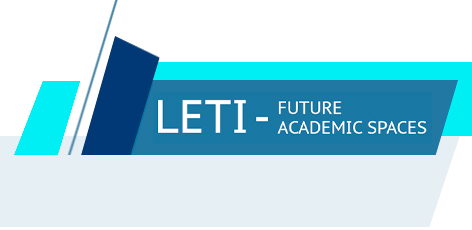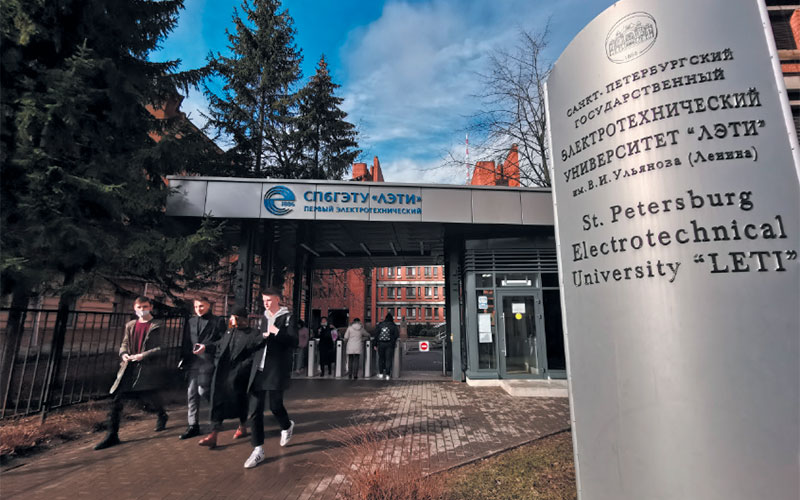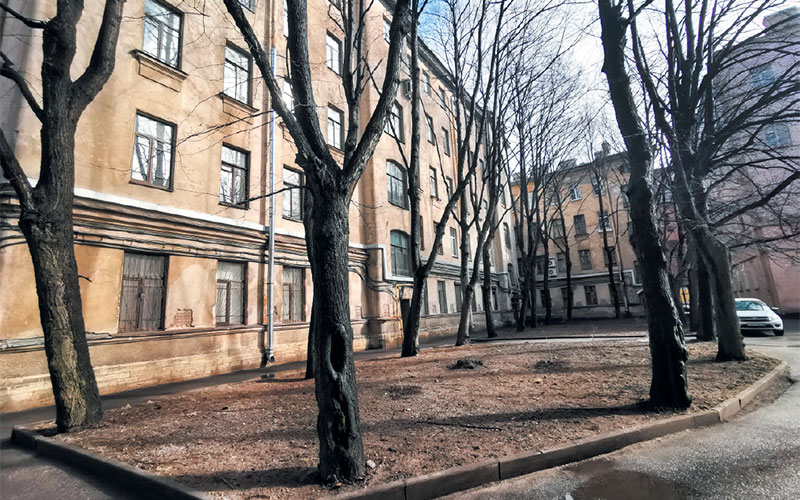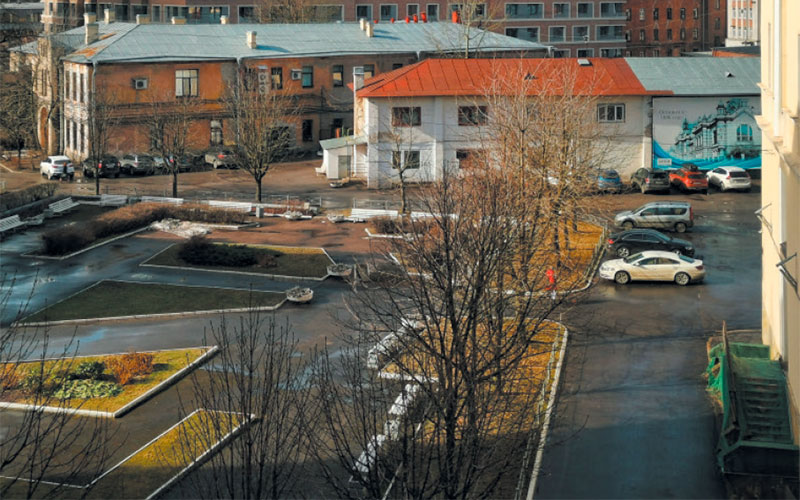
News
Graffiti, New Building, and Points of Gravity: Young architects to renovate LETI

The anniversary year at LETI has been opened with a large-scale project started by the international office of our university. LETI has announced the architectural contest to select best projects by young architects and designers to transform the four signature locations of our university. Some of the projects may start in the new academic year. Others will set the direction for future campus renovation.
CONTEXT
LETI has always paid great attention to the development of its infrastructure. The environment for education and research should match the country's development level and integrate latest trends in education and university R&D. At present, the organization of the university's learning and information spaces, both inside and outside the university, is coming to the forefront.
The contest was launched at the online discussion with distinguished international and Russian architects having practical experience in the renovation of universities' historical buildings.
Anastasia MININA, Vice-Rector for International Affairs of ETU "LETI," focused the discussion on the importance of inclusive, motivating and ergonomic environment. The speakers shared solutions found in the university renovation in the Netherlands, Finland and Italy. Experts believe that a university should become a second home for students helping in their intellectual efforts, and the recreation zone setting should contribute to the "recharge." Therefore, according to the speakers, contest participants have a challenging task – the harmonious integration of innovations into the historical setting.

KNOW-HOW FROM ABROAD
European long-biography technical universities offer different solutions to renovate their spaces and buildings. Antonella LONGO, Assistant Professor at the Department of Engineering for Innovation of the University of Salento (Italy), explained that her university has opted for virtualizing classrooms. Modern equipment allows students to take classes remotely. But the most interesting thing about Salento's approach is that they transform not only classrooms but also experimental and educational labs. The University of Salento is going to share its experience with LETI this May during a joint virtual lab session.
The University of Utrecht in the Netherlands has focused on the maximum multifunctionality of the academic environment. Jasper van WINDEN, Project Manager for Educational Innovations, said that the university, with the active participation of students and the faculty, is working on creating transformable spaces that can be easily reconfigured to meet the specific teaching task or holding an event.

WHAT IS THE ADVICE?
Dutch architect Pascale LEISTRA, Senior Architect of the Dutch architectural bureau Atelier PRO, guest lecturer at Technical University Delft, reflected on the Dutch campus development trends and approaches, which can drive changes in the academic environment of our university.
"We have to take into account both buildings and changed learning modes. Right now, spaces should offer flexible solutions for students and faculty to interact, exchange ideas and brainstorm, relax and play. In general, it's for socialization," says Pascale. As for the historical value of LETI buildings, this wealth, in the architect's opinion, should be preserved by all means.
Prepared by the newspaper "Elektrik"